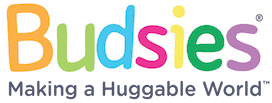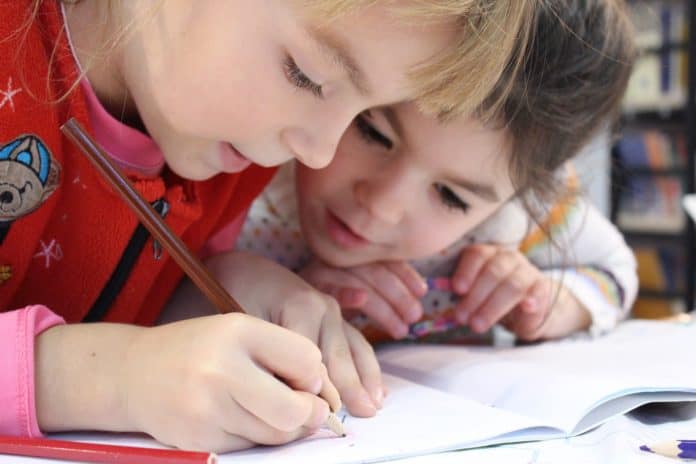Formal schooling may start for most children at around age five when they’re enrolled in kindergarten. However, that doesn’t mean they can’t benefit from education at an even younger age as well. By implementing these four educational tools early on, you can give your child a great head start in their learning career.
Read to Them
It’s one of the most time-honored traditions of parenting: reading to your child. Not only is this a great bonding experience, but it’s also a great way to get your child’s mind working. Exposure to reading has been shown to improve language and communication skills for young children. You’ll also be able to help them on their journey to literacy, as the familiarity with the written word will make learning to read much less daunting.
Bring them to Museums
Learning is much easier when there are examples right in front of you. For a young child, a museum can be an absolute haven of wonder that’ll help to explain some concepts that might seem like magic. Bring your child to a science museum with exhibits geared towards them. They’ll be able to get a firsthand experience with having complex concepts explained to them. This can help them gain a further interest in learning for years to come.
Discuss Complex Topics
If your child is old enough to speak in complete sentences, then they’re old enough to engage in serious conversation. While there are many topics that are inappropriate to discuss with a young child, there are plenty which can be a great introduction to nuanced conversation. Ask your child questions like how their day was or why they like their favorite food. They might not give the most detailed responses, but this will be a great way to get them thinking critically.
Lead By Example
Children are behavioral sponges, and most of their behavioral cues will come from you. While education deals greatly with knowledge, it also deals with social behaviors. Make sure that you don’t act in a way you wouldn’t want your child to imitate. Introduce positive actions and habits into your routine and gradually cut back on negative ones. You might not realize it, but your actions, big and small, have a huge impact on your child.
Raising a child takes time and effort; one of the best things you can do is raise someone who is thoughtful and curious. These tips are great ways to give your child a good head-start in life, but should by no means replace things like pre-schooling. Some groups, like the Youthland Academy or similar groups, have programs tailored specifically to younger children that you could take advantage of. By starting off your child’s education early, you can make that journey all the easier.





